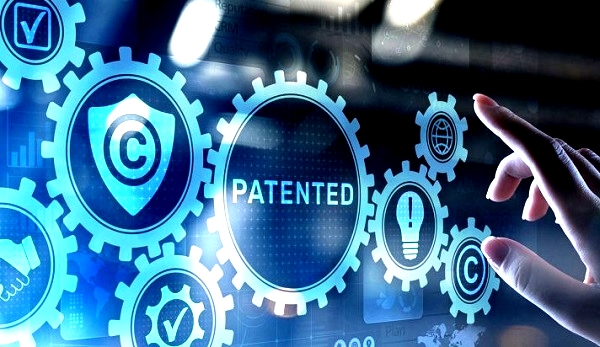As the patent expiration is drawing near for the macular degeneration and diabetic macular edema therapy, Eyelea, Korean drugmakers, including Samsung Bioepis, Celltrion, Alteogen, and Samchundang Pharm, are speeding developing its biosimilars.

The product patent of Eyelea, jointly developed by Regeneron Pharmaceuticals and Bayer, will expire in 2024 in East Asia, 2025 in Europe, and 2028 in the U.S. The global sales of Eyelea totaled about 9.3 trillion won ($8.32 billion) last year, showing an estimated annual growth of 10 percent.
Macular degeneration is a medical condition that may result in blurred or no vision in the visual field center.
The four companies have entered phase 3 and aim to win approval before Eyelea’s patent expires and enter the market as soon as the patent ends.
Samsung Bioepis has been conducting global phase 3 clinical trials of SB15 since July 2020. The company plans to recruit 446 macular degeneration patients to confirm safety, efficacy, pharmacokinetics, and immunogenicity. It will conduct the clinical trials in 10 countries, including Korea and the U.S., and complete them by the end of February 2022.
“We will do our best to provide quality biopharmaceuticals at reasonable prices to patients with autoimmune diseases, cancer, and eye diseases,” a Samsung Bioepis official said.
Celltrion also initiated a global phase 3 trial of CT-P42, a biosimilar of Eyelea, in early February.
The U.S. Food and Drug Administration approved the company to conduct the trials last month. The company began trials in Europe in February.
Celltrion plans to conduct studies in 13 countries and complete them by November 2021. The clinical trials will test the safety and efficacy of CT-P42 by comparing it with the original drug in patients with macular degeneration. The expected number of participants is 300.
Alteogen, which specializes in biobetter products, is also conducting phase 3 clinical trials of its Eyelea biosimilar, ALT-L9. The company plans to develop the drug through its subsidiary Altos Biologics and commercialize the biosimilar in Europe by 2025.
The company owns human hyaluronidase that allows subcutaneous injection. It can be applied to ALT-L9 and avoid violating the patent, which means that the company can sell its biosimilar earlier than its rivals.
Samchundang Pharm has speeded up its phase 3 clinical trials of SCD411. The company targets U.S. and Japanese approval in 2023. It is also reviewing a biobetter product that reduces the number of administrations by extending the administrative period.
Samchungdang Pharm, which started clinical trials in August last year, aims to complete the study within the second quarter of 2022 and obtain regulatory approval.
The company has secured its formulation patents in Korea, Japan, and the U.S. that can evade Eyelea’s formulation patent.
“The emergence of target biological agents, such as Ranibizumab and Aflibercept, developed as treatments for diabetic macular edema, has revolutionized the treatment of the disease,” a Celltrion official said. “In the future, we expect to obtain approval for all the indications of Eyelea, including the treatment of diabetic macular edema, and expand the market.”

